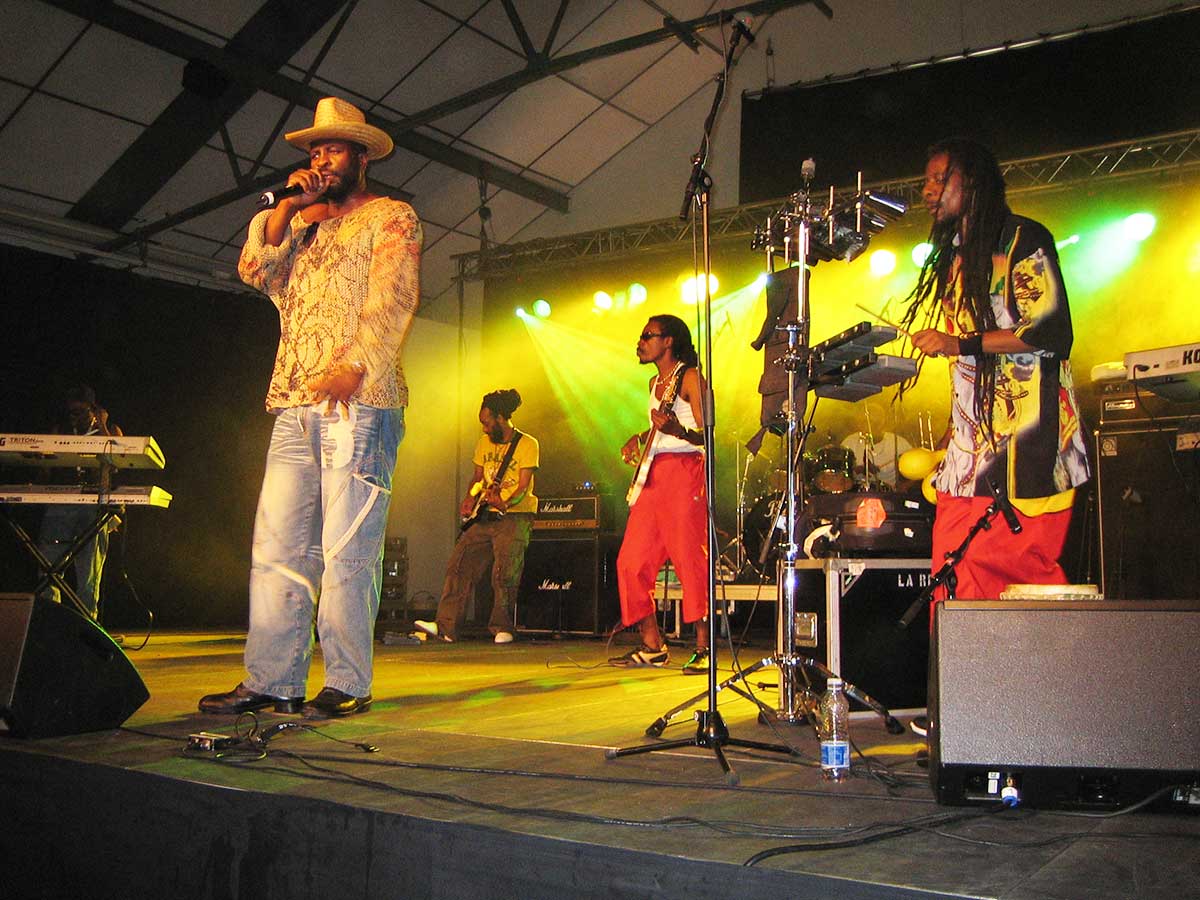The Impact of Reggae on Worldwide Culture

Emerging in the 1960s as a revolutionary music genre, reggae delivered a cultural bombshell not just in Jamaica, but on a global scale. By the 1970s, it had become an international style with unprecedented influences on other musical and social genres. Considered the voice of the oppressed, reggae music created an easily accessible route in understanding Jamaican lifestyles, as well as providing a means for other cultures to more easily express themselves.
Known for its distinctive four-beat rhythm, taken from the earlier Jamaican music genre ska, reggae’s combination of drums, bass guitar, electric guitar and scraper later became the foundation of other music genres much like the drum and bass. This is no surprise as music has been the backbone of Jamaican culture for as long as anyone can remember. Playing an essential role in the lives of regular people, music enabled the population to maintain traditions and customs throughout generations, which, in turn, influenced the formation of reggae as we know it.
Though reggae has experienced many incarnations over the years, the Rastafarian influence has remained a constant throughout. Introducing a narrative persona to the music meant that social, political and economic injustices could be explored; thus, providing a much-needed voice to the browbeaten masses. It was this element of reggae that global audiences were apparently drawn to and inspired by, particularly when it came to the genre of British punk.
This unlikely pairing of genres started in the 1970s when rebellious youth in studded leather, Mohican-inspired clothing, and piercings used reggae as a springboard for their subversive, counter-cultural and rebellious message. This did not go unnoticed by the oppressed population of Britain at that time, and before long punk and reggae were used as tools in the war against racism. Reggae bands were used as support acts for well-known punk acts, which gave fuel to both cultures and their voices. Reggae artists such as The Police, Aswad, Steel Pulse and UB40 were soon rocketing to the top of the U.K. charts while Lee “Scratch” Perry of the Wailers worked with punk rock band The Clash on their latest album.
While this was happening in the U.K., Bob Marley and the Wailers were busy bringing reggae to mainstream America where their music had heavy influences on the peace-and-love, hippy movement. Balancing socio-political discourse, religious themes and messages of love and positivity in hits such as “Get Up, Stand Up” and “Don’t Worry Be Happy”, Bob Marley and the Wailers soon emerged as global superstars, paving the way for Jimmy Cliff to bring more international acclaim to the genre.
Reggae also had a huge influence on the creation of the rap and hip-hop movement. Started in the late 1970s in the Bronx, NYC by artists such as Grandmaster Flash and DJ Kool Herc, hip-hop heavily borrowed from reggae music’s traditions of dubbing out tracks and toasting on the microphone.
But it wasn’t just music that was influenced by reggae culture. The distinctive Rasta colors associated with the genre were also used as inspiration for the fashion industry. The color green signified the importance of the land, yellow represented peace and hope and red symbolized strength. To this day, the ever-present colored stripes are featured on fashion runways and music videos such as Rihanna’s 2010 hit “Rude Boy”.
It was only natural for dance moves to evolve with the genre as well. The slow, jerky rhythms of the music were so well suited to everything from hip-hop styles to the Brazilian martial art of capoeira that eventually a whole new dance category was created, which, in turn, created a whole new genre of music — dancehall. A sparser version of reggae, dancehall became characterized by its faster rhythms and extensive use of Jamaican Patois and continues to influence the work of Western artists to this day.
While the influence of ska was evident from the beginning, it was reggae that changed the course of music history. At the helm of the movement and influence, Bob Marley remains one of the highest-earning dead celebrities of all time, taking fifth place on the Forbes rich list in 2014. The consistently high sales of his albums go to show that the spirit of reggae continues to live on to this day; through the genre itself and the multitude of ways that it impacted on the global music community.
Download The Jamaican Blogs™ App for your Android device: HERE
Remember to share this article on Facebook and other Social Media Platforms. To submit your own articles or to advertise with us please send us an EMAIL at: [email protected]

